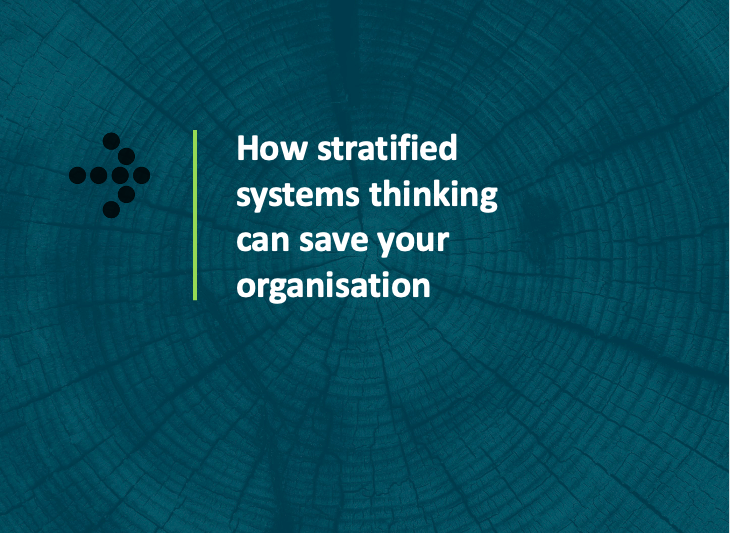The Assessment Centre Study Group is a special interest group of practitioners in South Africa that presents a conference on assessment centres each year. The study group operates independently, both professionally and financially, and consists of a committee of volunteers who are elected every second year.
This year’s conference will be held at the Hilton in Sandton from 12 to 16 March 2018. The ACSG website ...
Since McKinsey coined the term “war for talent”, many articles have been written on talent management. Almost any organisation worth its salt has spent time and money investing in talent management systems.
In 2014 the Korn Ferry Institute noted that the competitive landscape is becoming increasingly global in scope. The institute found that even small and mid-size companies have no choice but to compete on ...
Evalex is delighted to welcome two new organisational psychologists to our team – David Bischof and Kevin Distiller.
David (left) joins us as director of business development for Organisational Management Technologies (OMT), working with the Evalex solution set. David was previously a senior manager at Deloitte Consulting, where he led the leadership assessment business within human capital.
David is an ass...
Evalex director and research psychologist David Bischof will be speaking at the upcoming Society for Industrial & Organisational Psychology of SA (SIOPSA) seminar on 5 December 2017 in Johannesburg. His topic, A Perspective on Psychometric Assessment Practices in South Africa, will a...
Top management tasks of large-scale organisations are quite different from those at the mid and lower levels. This is because the nature of work changes as an individual moves up through the hierarchy of an organisation. As one moves up in the organisation, the environment becomes more unfamiliar and complex and requires a different set of competencies and capabilities to function effectively.
Stratified systems...
Performance inhibitors are among the most important metrics that we measure as part of our Evalex20 battery of psychometric assessments. And while their overall tendency is to impede performance (as the name suggests), there are actually instances where what we define as a performance inhibitor could, paradoxically, enhance an employee’s performance.
We recently conducted some research for a Japanese company. ...
By Hendrik Bronkhorst
One of the biggest mistakes a business can make is to hire people who are all carbon copies of each other. Hiring a bunch of amazingly creative people, for example, is no good unless there are also people on the team who can translate their ideas into practical workflows, and then others who can get the work done!
The best approach is to employ individuals with different work styles, and s...
Every employee in every organisations carries traits that either enhance or inhibit job performance. By measuring an employees enhancers and inhibitors and comparing the results with the requirements of a particular role, Evalex helps line managers to predict workplace behaviour. This, in turn, lessens the risk of surprises and guides a manager in staff selection, development and talent management.
The measureme...
By Hendrik Bronkhorst, industrial psychologist and lead consultant at Evalex
So often we see line managers becoming desperate when they can’t find the candidate who ticks all the boxes of the job spec they’re hiring for. This desperation is understandable. Your team is bleeding and you need a body in that seat!
One of the common mistakes that line managers make is hiring someone who lacks one or two of the ...
If you’re a recruiter wondering why you can’t find the perfect-fit candidate for that role you’ve been trying to fill for ages, take heart… there is a lot of good talent out there – you just need to know where to find it.
Evalex founder and CEO, Dr Pieter Bronkhorst, says recruiters often feel like they’re out in the wilderness with no suitable candidates to meet the needs of the businesses they serv...









